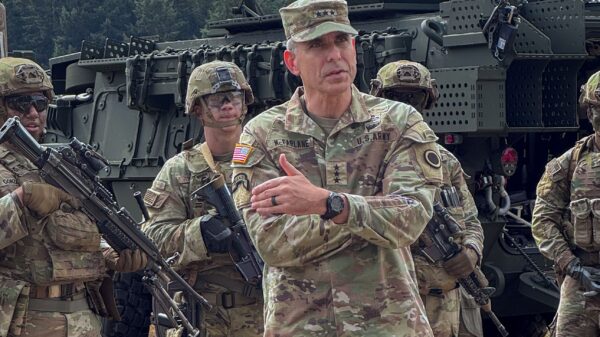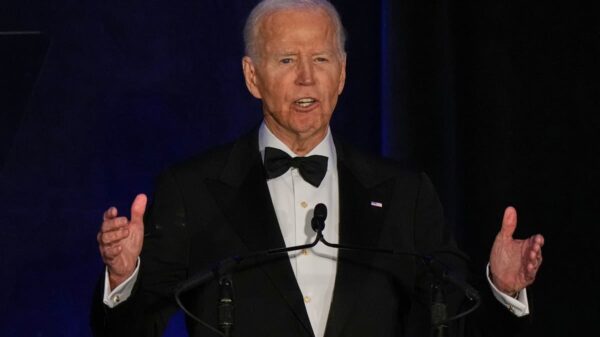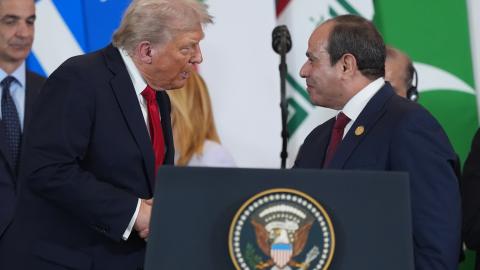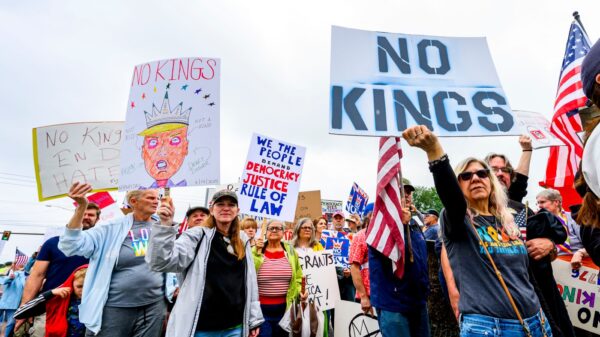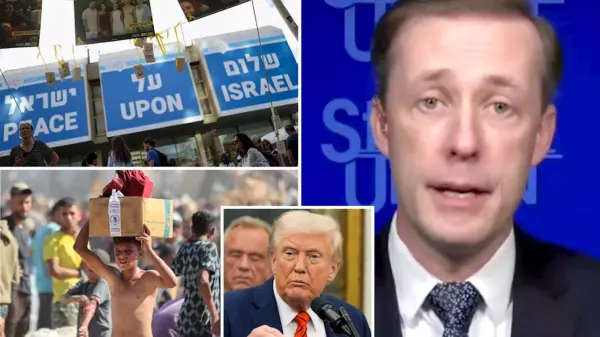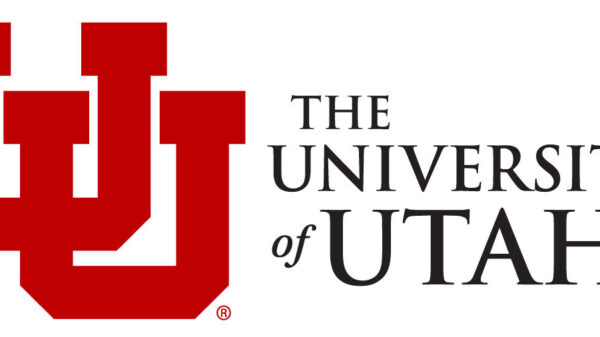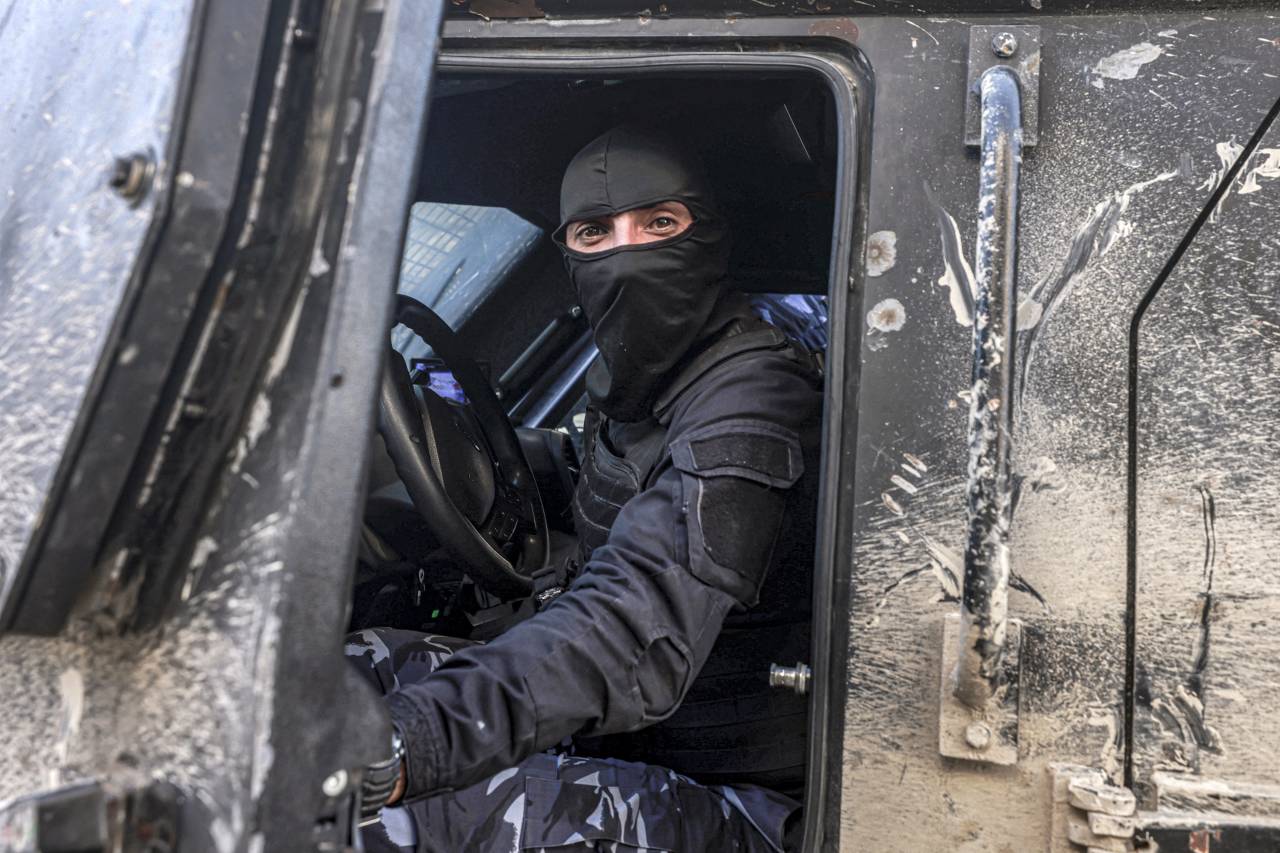A recent report has revealed that the Palestinian Authority (PA) is publicly honoring security forces who engage in attacks against Israeli targets. This controversial practice raises significant questions about the use of international funds, particularly from the United States, to support the PA’s security forces, which are implicated in these acts of violence.
The report, published by an Israeli watchdog organization, highlights several instances where PA officials have lauded officers for their roles in lethal encounters with Israelis. It indicates that the glorification of these actions not only perpetuates a cycle of violence but also undermines efforts toward peace in the region. The PA’s actions appear to contradict the principles of fostering stability and security, a key rationale for continued financial support from foreign governments.
Financial Implications of PA Practices
The United States has historically provided substantial financial assistance to the PA, with funding often earmarked for security cooperation aimed at reducing violence. According to data from the U.S. State Department, the PA received approximately $250 million in 2023 to bolster its security infrastructure. Critics argue that this funding enables the PA to maintain a narrative that valorizes violence against Israeli civilians, undermining the very objectives U.S. aid is meant to support.
The PA’s approach has drawn scrutiny from various stakeholders, including human rights organizations. Reports suggest that the glorification of violence not only affects the internal dynamics of Palestinian society but also complicates international diplomatic efforts to resolve the Israeli-Palestinian conflict. Many observers are calling for a reassessment of how foreign aid is allocated and monitored to ensure it aligns with peace-promoting activities.
International Reactions and Future Considerations
The ongoing situation has prompted responses from multiple international bodies. The United Nations has expressed concern over the PA’s endorsement of violence, urging both sides to engage in dialogue and seek non-violent solutions. The PA’s actions may also impact its relations with Western nations, particularly as they face increasing pressure to demonstrate commitment to peace.
As the situation evolves, there is an urgent need for a comprehensive review of the funding mechanisms in place for the PA. Policymakers are encouraged to consider the implications of their financial support in light of the PA’s recent actions. The potential for a reassessment could lead to significant shifts in how international aid is structured and monitored, ensuring that it fosters peace rather than fuels conflict.
In conclusion, the glorification of violence by the Palestinian Authority poses serious questions about the ethical implications of international funding. As global stakeholders assess their roles in the region, the focus must remain on promoting peace and stability, rather than contributing to a culture that honors acts of violence against civilians.






